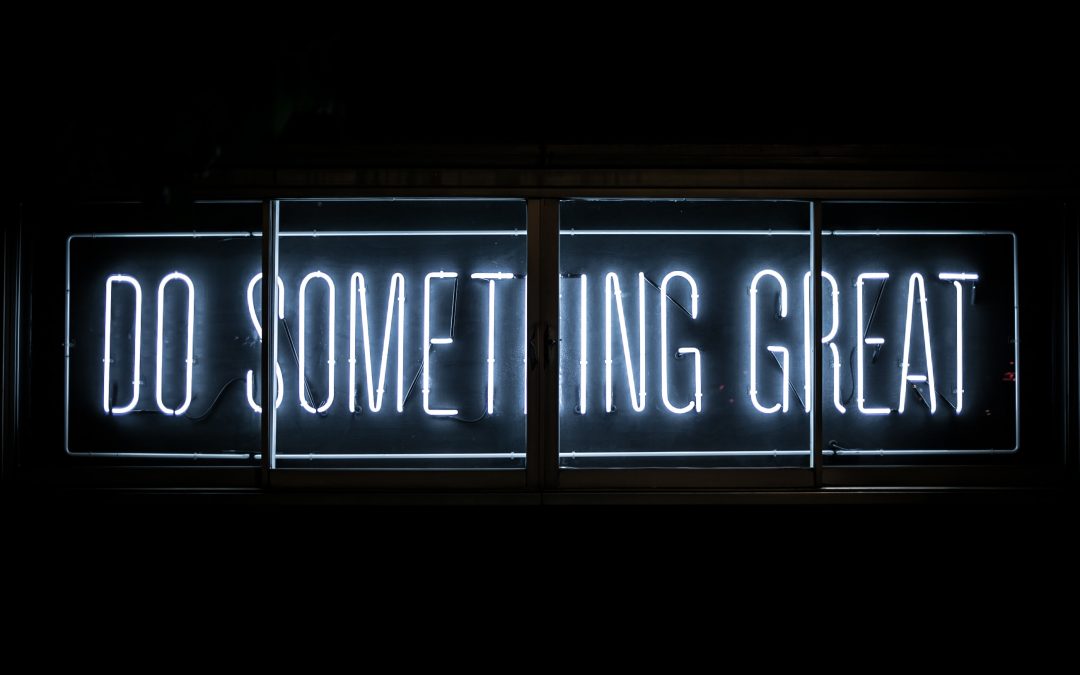
Thoughts On Recent Community Concerns
Recently there has been some fire flowing about Canonical in the community. These concerns started off as sporadic at first and then we saw a small blog avalanche (*blogalanche*, if you will) as a number of folks piled onto the ride.
I feel somewhat trapped in the middle of all of this. On one hand I work at Canonical and I believe Canonical are acting in the honorable interests of Ubuntu in helping to build a competitive and forward-looking Free Software platform, but I also feel a sense of personal responsibility when I see unhappy members of our community who are concerned with different aspects of how Canonical engages. Essentially, I sympathize with both sides of this debate; both have the best interests at heart for Ubuntu.
From my perspective there is a balance that needs to be struck. Our community needs to be transparent and open, but also nimble to react to opportunities (such as the convergence story), but also Canonical play an important role in helping us to drive Ubuntu to the masses. We need to be able to work in a way that maintains our Ubuntu values but also gives Canonical the opportunity to get our platform out to the market effectively to reach these users.
I believe one cannot exist without the other; Canonical cannot deliver this vision without our community and Ubuntu would be significantly debilitated if there was no Canonical providing staff, resources, and other investment into Ubuntu. Canonical is not evil, and the community is not entitled; we all just need to step back and find some common ground and remember that we are all in the circle of friends.

This symbol is as potent to me as it was back in 2004.
When I got interested in Linux back in 1998 and wanted to make it my career, my primary motivation was to bring freedom of technology to everyone. This is what attracted me to Ubuntu and ultimately working at Canonical. I don’t want to be rude to other distros who are quite happy within their remit of making a great OS for Linux enthusiasts, but I frankly don’t want to settle for that. I want Ubuntu to be the choice for Linux enthusiasts, but for us to not stop there and also bring Free Software to people who have not yet been blessed by it, and who may be new to technology and the opportunities it provides.
Achieving that goal is not just as simple as making the source code available for the platform and setting up a bunch of mailing lists. It means delivering simple and elegant user experiences built for the needs of our users, consistent and beautiful design, professional-grade quality, strong hardware and software partner relationships, certification across a range of hardware profiles, training, responsive security, diverse marketing and advocacy campaigns, and many other areas. Both Canonical and the community contribute extensively to provide these things that we need to get over that chasm, and importantly, each provides things that the other cannot.
It turns out that building this simple, ubiquitous Free Software experience for everyone is *hard*. We can’t just settle for the tried and tested approach of pulling the latest upstream software and integrating it into a single Operating System. That is tough, intensive and grueling work in itself, but to achieve the goals I mentioned above we need to be constantly challenging ourselves to innovate and go faster in how we deliver this innovation to our users. We need to always challenge the status quo…not for the sake of being different, but for the sake of not restricting ourselves to tradition and instead helping us to be better at what we do, and ultimately achieve our goals of getting Ubuntu into the hands of more people.
We saw this challenge with Unity: that was a tough, but necessary decision. While we suffered over the firestorm around Unity, I think it ultimately put us in a better position, and now we have a single convergent user interface that spans across multiple devices and we will soon have a single convergent Unity code-base across these devices too. In an era where desktop shipments are down due to the impact of phones and tablets, we are no longer trapped in a form factor that has had a decreasing scope of opportunity for us; the desktop is just one part of our wider convergence vision. This opens up the market for Ubuntu and the Free Software and Open Source values we encompass. While some people in some comment boxes will still bring the hate about Unity, I think that overall it has put us in a position to get Free Software in the hands of more people than if we didn’t make that difficult decision, and the sheer level of interest in Ubuntu for the phone, tablet, TV, and desktop is testament to that.

Put it in my pocket, on my lap, on my desktop, and hang it on my wall.
While making tough decisions is important, it is also important that we maintain our Ubuntu values too. One core value is that our platform and community are open for discussion and participation, so everyone is welcome to help put their brick in the wall. Our archive has long been open and there are many ways to contribute, and while some of these projects were secret before-hand, now everything is out in the open and available for participation. Some may disagree with the rationale of keeping things private, but particularly in the case of Phone and Tablet, the “big-reveal” helped us to have a big splash and generate more press interest and partner inquiries, and thus help us along to our vision.
Importantly though, we made the source and community on-ramp available as soon as we feasibly could. The code for Unity, Ubuntu Touch, and Mir is publicly available, and we are eager to invite people to join and shape those projects. This week we also ran our very first online UDS, with the goal of making the Ubuntu planning process as open and accessible to all as possible, not just those who could travel, and on a more regular cadence. All of the videos, notes and blueprints from that event are [archived here](https://summit.ubuntu.com/uds-1303/). I am confident for the next event we will have an even smoother, better-run UDS, with even more participation.
We are now in a position with a clearly articulated vision around convergence and cloud orchestration, full source availability, daily builds of images, and public mailing lists and IRC channels to have those conversations. Everything is available in public blueprints and tracked at [status.ubuntu.com](https://status.ubuntu.com), and we have many outreach campaigns to help our community participate in this vision, such as the core apps project, port-o-thon, regular cadance testing, charm quality improvements, SDK participation, and other areas. Our community should expect our projects to be open, accessible and collaborative, and if they are not, please raise your concerns with the Canonical engineering managers, or talk to me either publicly on my weekly Q&A video hangout at 7pm UTC every Wednesday on [Ubuntu On Air](https://ubuntuonair.com/), or privately at [email protected], or by contacting me on Freenode IRC – my nick is `jono`. My door is *always* open.
Things are never perfect in a community, and I am not suggesting we are perfect either, but I believe we are at the cusp of an incredible opportunity to get Free Software and open technology into the hands of the masses, not just by wishing it to be true, but because there is genuine market opportunity for it to be true.
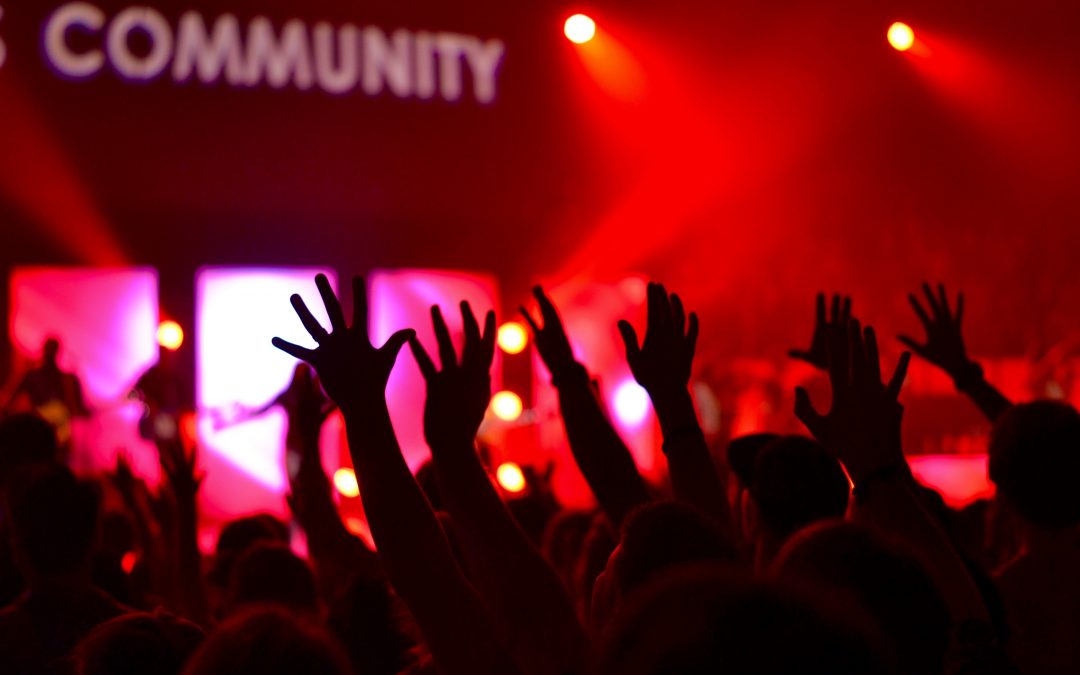
Online UDS Day One: Feedback Welcome!
I just wanted to post a quick blog entry thanking everyone who joined the first day of our inaugural online Ubuntu Developer Summit today. Overall we didn’t see many glitches in our plan of how to run the event, and we also gathered some fantastic feedback for things we can improve and extend upon next time.
If you want to see what happened in the sessions today, you can [view the schedule](https://summit.ubuntu.com/uds-1303/2013-03-05/display) and view any of the recorded hangouts.
Before we get into the second day tomorrow, I just wanted to invite any comments and suggestions for what worked well, what worked less well etc, to see if we can make any adjustments for the second day. Thanks in advance for your suggestions!
If I don’t see you until tomorrow, we look forward to beginning Day 2 at 2pm UTC tomorrow! Be sure to [see the schedule](https://summit.ubuntu.com/uds-1303/2013-03-06/display?) and join us in the sessions!
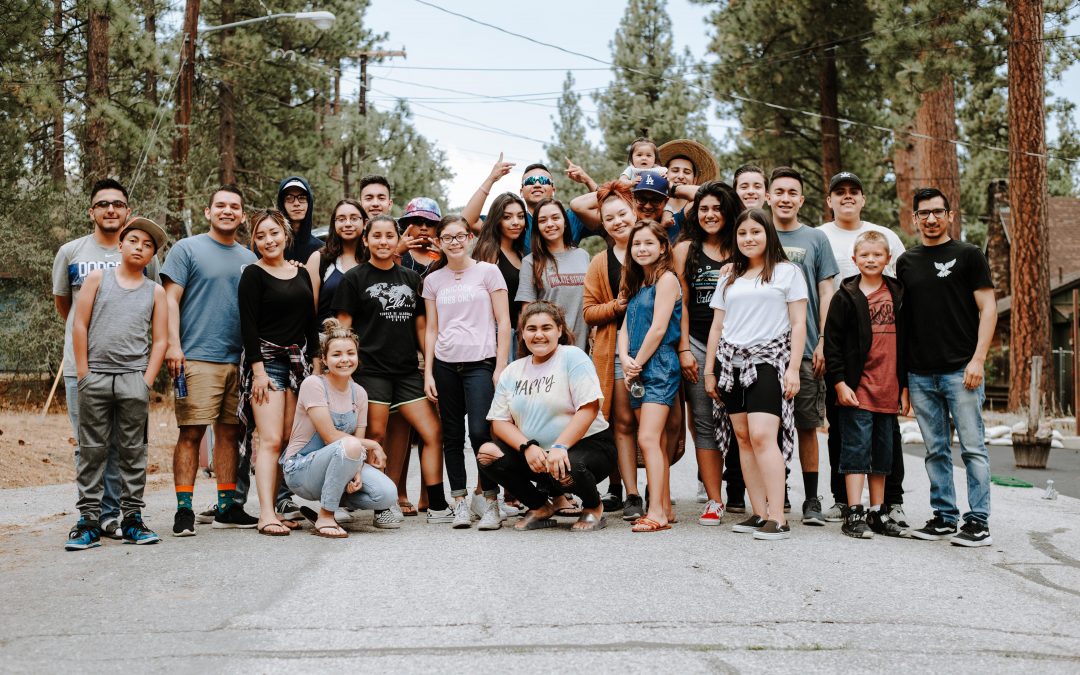
Getting Started With The First Online Ubuntu Developer Summit
Tomorrow we will be running our very first online Ubuntu Developer Summit. The event will take place over two days and span a range of different tracks: *Community, Client, Cloud & Server, App Developers*, and *Foundations*. We have never run an event like this before, but we have prepared extensively to deliver the best online UDS experience we can. When UDS is complete we will then review any rough edges and fix those up for the next event in May.
With this being a new event, I wanted to share some key tips about how to get participate.
## For Everyone
UDS takes place on **Tues 5th – Wed 6th March 2013** from **2pm UTC**. Please note: the original time was 4pm UTC, but we brought the event forward by two hours.
The full event is taking place online and everyone is welcome to join, irrespective of whether you are an active contributor to the community, a partner, a business, an enthusiast, or anyone else. We will be using Google+ Hangouts On Air to stream video from the active participants in the session, and we also provide quick embedded access to IRC, note-taking, and more.
The event will kick off on Tuesday at 2pm UTC with a keynote session. There will then be two hours of sessions, then an hour of plenaries, and then another two hours of sessions. On the Wednesday we will kick off into sessions at 2pm, and have lightning talks in the normal plenary slot. Jorge Castro is taking care of the plenary talks and lightning talks; reach out to him if you want to run a lightning talk.
There are five tracks, with each (apart from *Foundations*) having two video streams. Each track has two track leads:
* Client – Jason Warner, Sebastien Bacher
* Server and Cloud – Antonio Rosales, Daviey Walker
* Community – Jono Bacon, Daniel Holbach
* App Developers – Alan Pope, David Planella
* Foundations – Steve Langasek
You can find all sessions listed at [summit.ubuntu.com](https://summit.ubuntu.com/uds-1303/). Just visit the session you are interested in at the time of the session to view it; everything is included on the session page. You don’t need anything other than a web browser to view sessions but you will need a Google+ account to actively participate in a hangout.
## For Track Leads
You should have all received an email from me about how to schedule sessions and how to start and stop the video streams.
Remember to ensure your Google+ is verified (Michael Hall should have checked this with you).
You and your co-track lead should pick one of the two tracks you have for your track and take care of setting up those streams.
Five minutes before a session (e.g. 1.55pm) is due to begin you should start the video stream and update the session in summit.ubuntu.com with the hangout and broadcast URLS. Likewise, 55 minutes into a session (e.g. 2.55pm), be sure to stop the hangout. We need to start and stop the video streams to ensure the recordings are broken up into the different hour long chunks. Required participants will automatically see a link on the session page to invite them to join a hangout – this page does not auto-reload though, so you may want to ask them to refresh the page to join.
Please keep an eye on the sessions on your track and interact with the session leaders to ensure that any required participants can be invited to the session as needed. There may be times as the session is running that people will need to be invited to join the hangout (e.g. IRC participants) – you need to be available to do this when the session leader needs you. If you are not actively participating in the session, feel free to just mute your mic and keep an eye on IRC or listen for when you are needed.
Instructions for starting and stopping the streams is at [https://wiki.ubuntu.com/UDS/Sessions](https://wiki.ubuntu.com/UDS/Sessions).
## For Session Leaders
As a session leader your responsibility is to run a quality session, and to ensure that the topic gets a good level of discussion, work is planned and distributed, and the blueprint gets updated with the agreed work items.
Some tips:
* Make sure your Internet connection and computer are working well in advance of the session. We recommend you stop any software or services that is using your net connection (e.g. switch off any downloads or other video streaming).
* The video hangouts will be started and stopped by the track leads (see above) – if you need to invite a new person to a hangout, ask the track lead to invite them.
* In your session you will have people in the hangout speaking as well as people on IRC offering their contributions too. Be mindful of the IRC contributors, and repeat comments and statements of interest from IRC.
* Think of the hangout as the inner ring of the fishbowl at a physical UDS. Unfortunately there only 10 seats on the hangout, so we need to ensure the most active participants are in the hangout. People in the hangout should be speaking and actively participating. If you have an active participant on IRC and have free seats on the hangout, be sure to invite them to the hangout. Likewise, if you see someone who is not contributing on the hangout and there is someone active on IRC, ask the hangout person to move to IRC to open up a slot to invite the IRC person and bring them into the hangout.
* At the beginning of the session, explain the goals and purpose of the session and encourage people to take notes in the embedded etherpad.
* Have the discussion in the session, and be sure to help everyone participate as much as possible. Remember, you should try to keep the most active members in the hangout.
* 10 minutes before the end of the session summarize the key decisions and log work items on the blueprint that are assigned to people. This will provide a great set of next steps to move forward with that blueprint.
## For Attendees
Joining a session is easy – just look at the [schedule](https://summit.ubuntu.com/uds-1303/) and click on a session to view it. On each session page you can see the video stream, the embedded IRC channel, and the embedded etherpad collaborative note taking. You can also see links to the blueprint and other related content.
You don’t need anything other than a web browser to view sessions but you will need a Google+ account to actively participate in a hangout.
If you want to chat to others in general about UDS, you can also join `#ubuntu-uds` on freenode.
All sessions will be recorded and available on the schedule when they are completed.

Make a Difference To a Three Year Old Boy With Cancer
I just want to echo [Tony’s appeal](https://tonywhitmore.co.uk/blog/2013/03/04/the-neuroblastoma-alliance-sam-shaw-appeal/?utm_source=rss&utm_medium=rss&utm_campaign=the-neuroblastoma-alliance-sam-shaw-appeal) to help three year-old Sam who was diagnosed with high risk neuroblastoma, a particularly aggressive cancer. It has spread from the main tumor into his bones and bone marrow. That makes it a class 4 cancer, the most advanced on the scale. The long term survival rate for high risk neuroblastoma is 40%.
As Tony shares:
> The good news is that Sam is responding well to chemotherapy. But Sam’s oncologist at Manchester Children’s Hospital has recommended that Sam receives immunotherapy treatment so that his own body can recognise and attack the neuroblastoma if it returns.
> The most successful treatment is not available in the UK because some of the drugs are still being trialled. It costs over £250,000 in the US. Which is why Sam desperately needs your help. Carl and Christine are trying to raise the money to send Sam for treatment in the US.
> If you would like to donate to help Sam, that would be brilliant. In the UK you can just text SAMS67 and the amount you’d like to donate (£1, £2 £3 £4 £5 or £10) to 70070. Alternatively you can donate on-line at the [Sam Shaw Just Giving page](https://www.justgiving.com/SamShawAppeal). It’s Sam’s fourth birthday this week, so it would be a great birthday present to give him. 🙂
Also be sure to join the [appeal’s Facebook page](https://www.facebook.com/samshawappeal?fref=ts).
Your donation to Sam will have an incredible impact on his life as well as his parents, Christine and Carl, who must be having a hell of a time right now dealing with all of this. Let’s all show them that we care by helping them to cover their son’s treatment.
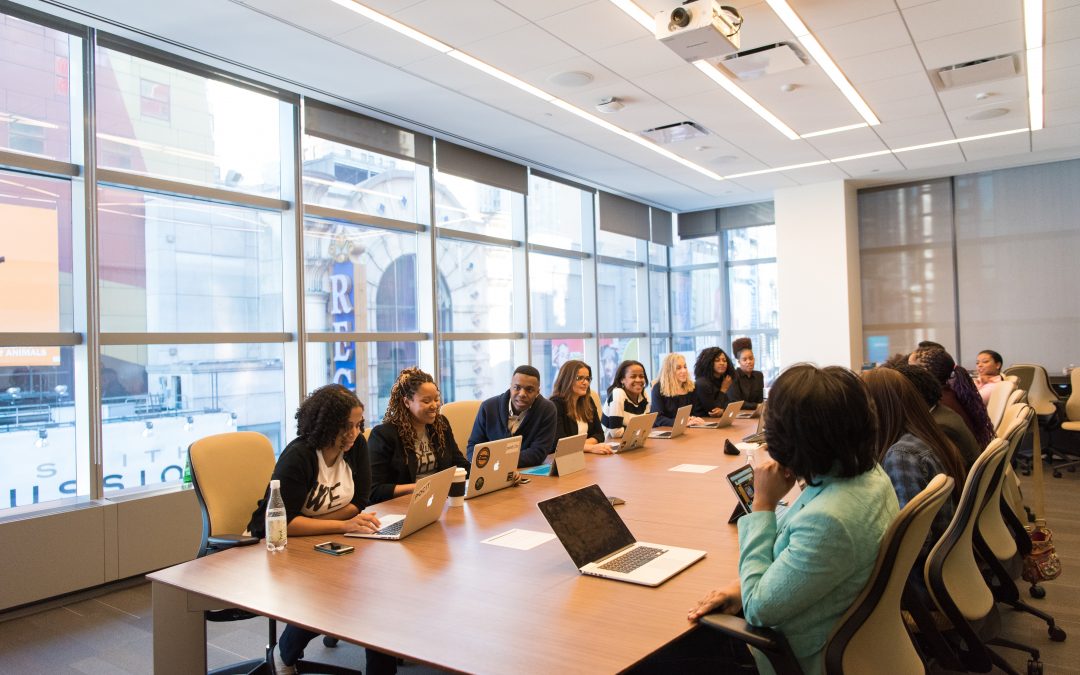
XDA Developers and Ubuntu Touch

Big shout out to the awesome community over at [XDA Developers](https://www.xda-developers.com/) who have been getting involved in the [Ubuntu Touch Port-o-thon](https://developer.ubuntu.com/2013/02/taking-ubuntu-touch-to-new-levels/) to bring the Ubuntu Touch images to more and more devices. Daniel Holbach kicked off the port-o-thon the day after we [released the code and images](https://developer.ubuntu.com/2013/02/releasing-the-ubuntu-touch-developer-preview-and-sdk-alpha/) last week, and we are already seeing fantastic work going on.
When the [initial announcement hit their forum](https://forum.xda-developers.com/showthread.php?t=2078691) it generated over a 100 posts within a day and there is currently 101 pages of posts on that thread. There is also an [Ubuntu Touch Subforum](https://forum.xda-developers.com/forumdisplay.php?f=2068) which has seen over 4000 posts already. We are just blown away by the level of interest.
As you can see on the [devices wiki page](https://wiki.ubuntu.com/Touch/Devices) we are already seeing some fantastic work going on to port Ubuntu Touch to additional devices. Here are some great examples of this work (click each link to see the XDA Developers thread):
* [Galaxy Nexus (toro)](https://forum.xda-developers.com/showpost.php?p=38294870)
* [Galaxy Nexus (toroplus)](https://forum.xda-developers.com/showthread.php?s=9f408e4c5c971f364f36365686826689&t=2159832)
* [Sony Xperia S](https://forum.xda-developers.com/showthread.php?t=2164210)
* [Sony Xperia T](https://forum.xda-developers.com/showthread.php?t=2160642)
* [Samsung Galaxy Note II](https://forum.xda-developers.com/showthread.php?t=2163815)
* [Samsung Galaxy Note](https://forum.xda-developers.com/showthread.php?p=38367999)
* [Asus Transformer Infinity](https://forum.xda-developers.com/showthread.php?p=38376689#post38376689)
* [Nexus One](https://forum.xda-developers.com/showthread.php?p=38434934)
* [Galaxy Tab 2 10.1 Wifi](https://forum.xda-developers.com/showthread.php?p=38456296)
* [Asus Transformer Pad TF300T](https://forum.xda-developers.com/showthread.php?t=1667596)
Awesome work!
I asked David Planella and Daniel Holbach on my team to kick off a regular engagement with XDA Developers to help us grow an great relationship together. The first call was today and we are kicking some ideas around of how to work more closely together. Stay tuned for more!
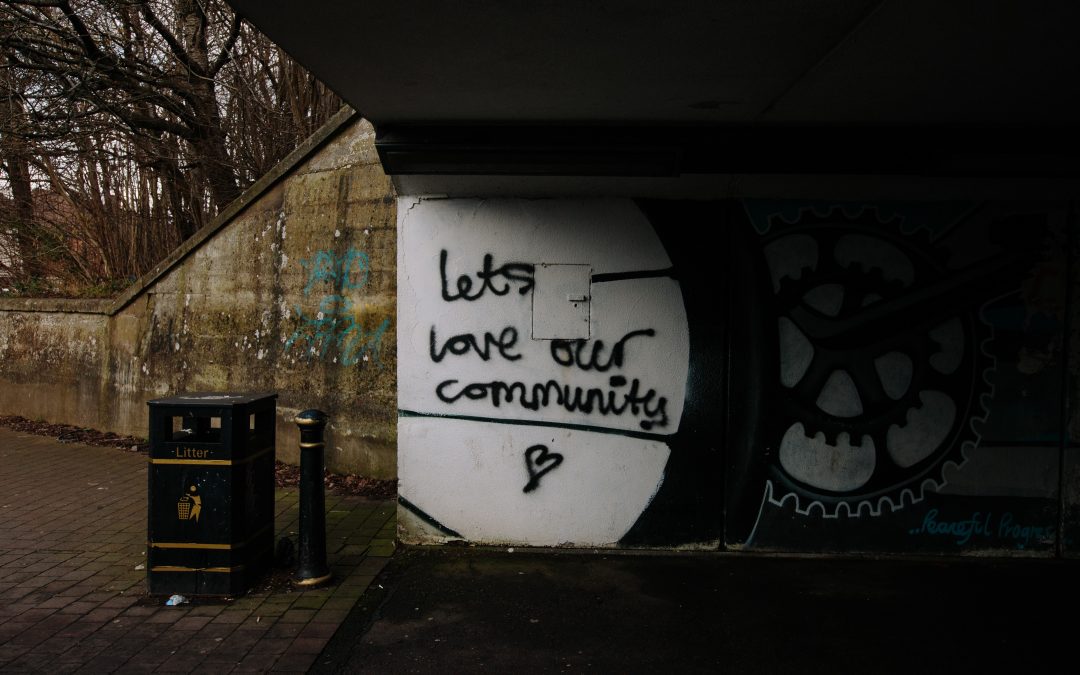
On Moving To An Online Ubuntu Developer Summit
Some of you may have seen the news about us transitioning to an online [Ubuntu Developer Summit](https://uds.ubuntu.com/) and running the event every three months. If you didn’t see the news, you can [read it here](https://fridge.ubuntu.com/2013/02/26/ubuntu-developer-summits-now-online-and-every-three-months/?utm_source=rss&utm_medium=rss&utm_campaign=ubuntu-developer-summits-now-online-and-every-three-months). I just wanted to share my personal perspective on this change.
For a long time now I have been attending Ubuntu Developer Summits as part of my work, but for the last event in Copenhagen my wife was about to give birth and so I attended the event remotely. As someone who has been heavily involved in the planning and execution of UDS for the last 10 or so events, I was intimately aware of the remote participation features of the event, but I had never actually utilized them myself. I was excited to dive into the sessions remotely and participate.
For the sessions I dialed into I found the remote participation worked well, but not as well as it could. Sometimes it was a little difficult to hear people (despite us alway encouraging speakers to sit near the middle of the fishbowl), and for the sessions I wasn’t able to actively participate in (due to the timezone differences), only some of those sessions had videos available that I could review after the session had ended. As such, this made it something of a challenge at times to get an overall view of the event; it depended on attendees taking good notes (which generally happens), but I missed the specifics of the discussions.
Remote participation has always been a critical part of UDS and I think it worked efficiently as it could, but these issues were primarily due to the challenge of delivering an in-person event to an online audience and the practicalities therein.

Of course, the real challenge is getting you people to eat these things.
The move to an online event effectively solves the majority of these issues: *every single session will be recorded* and available for viewing after the fact (which is awesome for not only attendees, but also for the press, partners and others), and with everyone in the hangout facing a webcam and a microphone, the quality of the content should be better too.
For those people who can’t join the session hangout video stream, IRC participation is available, and those IRC discussions will be logged too and provided in addition to the video of the session and the Etherpad notes. This provides a great overview of all the content and discussion in the session.
An online event is also going to open up the event to more potential participants. There are many folks who either can’t physically travel or justify the travel expenses or time away from their work and family commitments who can now participate in the event by simply opening their web browser. With the wide focus in Ubuntu across the desktop, devices and the cloud, we need more specialists rather than fewer to guide us on our mission, and the online event will make it easier for those folks to attend. I think that this will result in wider and more diverse discussion, ultimately helping us to do a better job planning UDS.
Some folks have expressed a concern about not having as much face-to-face time as in a physical event. Of course, video-conferencing will never ultimately replace being in the same room as someone, but I think much of that personal connection is still shared via hangouts. As an example, my team at Canonical used to have team meetings on Skype or a Conference Call and ever since we switched to Google+ Hangouts the sense of personal connection and team spirit has skyrocketed. Sure, it doesn’t replace being in the same room, but when we balance out the benefits of an online event for the reasons I mentioned earlier, it seems like a reasonable trade-off to me.
## Iterative Improvements
One thing that many folks don’t see from behind the scenes of planning the physical UDSs is that we have always taken an really rigorous approach to improving and refining the event. This not only includes the structure of the event, but we have iterated after every detail to improve room layouts, A/V needs, timing, remote participation requirements, scheduling patterns, and more. Every detail of UDS has been scrutinized after every event, and the survey we send out is reviewed with a fine tooth comb, all with the goal of squeezing out as much efficiency as possible so the time everyone commits to UDS is as worthwhile as possible.

We are still exploring the alleged productivity-enhancing benefits of light ping-pong.
With UDS previously happening every six months this has helped us to build a pretty bullet proof formula for the physical event, and many attendees comment at each UDS about just how efficient it is and how much gets done. This is largely due to this iterative refinement process.
The first online UDS takes place next week and I think we have a pretty good plan for it, but we are going to go through exactly the same process for reviewing how each event goes and buffing off the rough edges so that works better and more efficiently each time. With us now doing a UDS every three months it should not take too long to get us into a winning formula, and our community are an essential part of helping us to refine these different pieces. As I mentioned in the announcement blog, after the second event we are also going to take a general look to see if an online UDS is serving the needs of the project well in terms of how we plan Ubuntu development.
## Got Questions?
I am sure many of you will still have questions about the new format of UDS. Tomorrow (Wednesday) at **7pm UTC**. I will be doing my usual weekly Q+A videocast on [Ubuntu On Air](https://ubuntuonair.com/) and will dedicate part of the session to covering how the online event will work and answering your questions. Feel free to bring your UDS and any other questions to the session!
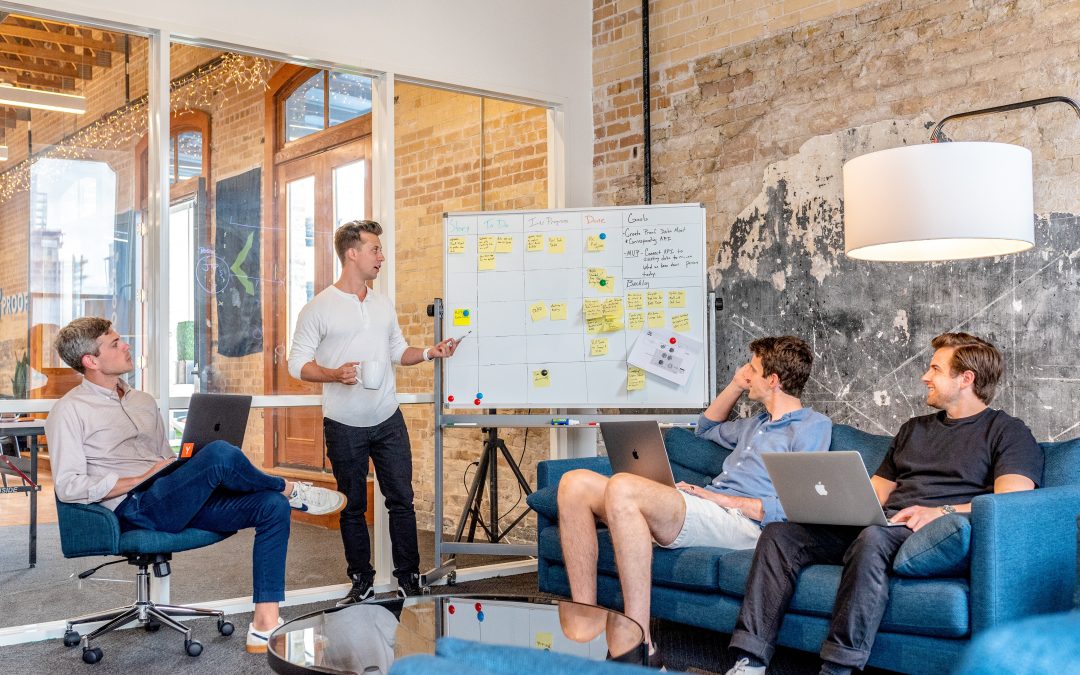
Five Ubuntu Touch Facts

A few days ago we announced [Ubuntu for Tablets](https://www.ubuntu.com/devices/tablet); the next piece on our wider Ubuntu convergence story. The tablet joins the [Phone](https://www.ubuntu.com/devices/phone), [TV](https://www.ubuntu.com/devices/tv), [Ubuntu for Android](https://www.ubuntu.com/devices/android), and the [Desktop](https://www.ubuntu.com/ubuntu). See an excellent hands-on video review of the current developer build [from Engadget](https://www.engadget.com/2013/02/20/ubuntu-dev-preview-hands-on/).
Today the source and images for Ubuntu for Phones and Tablets (collectively known as *Ubuntu Touch*) was released.
I know there is some anticipation regarding this release and I just wanted to share a few facts to ensure we are all on the same page:
1. **Both Phone and Tablet code and images are available** – today we are releasing two things for both the phone and the tablet. Firstly, if you simply want to run the software on a spare device, you can install the images on your device without caring about the code. If on the other hand you want to see the code (and contribute to it) we are also making this available too so that you can build, explore, and hack on it.
2. **This is unfinished and in-development software** – it is important to remember that this is *in-development software* and as such *is not finished yet*. You are going to find that some features and applications are missing, and you will likely find bugs. We wanted to release the code and images early so that our community can try the software, provide feedback, and be able to join the development effort. With this goal to get the content out early we just want to ensure everyone fully understands that this is not yet a final product. I strongly recommend you only install the code/images on a spare handset/tablet and not your main phone/tablet due to the fact it is in-development code.
3. **A limited set of devices are supported** – the images are only available for the Galaxy Nexus, Nexus 4, Nexus 7, and Nexus 10; these are the devices that our development team has been working towards. We appreciate that you may have a different phone or tablet, but unfortunately support for other devices is not currently planned. We will however be kicking off an outreach campaign soon to encourage and support our community in porting the code to other devices. Stay tuned for more!
4. **A new SDK is available also** – in addition to the release of the code and images we have also released a new version of the SDK which includes a number of new features, most usefully the ability to deploy a QML app to a device so you can run it!
* Ubuntu SDK application templates and wizard
* QML2 UI designer
* Templates for testing framework and internationalization
* Deploy QML applications on an Ubuntu Phone/Tablet device
* Basic terminal (ssh, adb) connectivity tools to the device
4. **Know where to find help** – if you have questions or queries you should post your questions to Ask Ubuntu by [clicking here](https://askubuntu.com/questions/ask?tags=mobile,application-development).
I am sure you are now chomping at the bit to grab the images, check out the code, and get the new SDK release! Go and find all the details [here](https://developer.ubuntu.com/2013/02/releasing-the-ubuntu-touch-developer-preview-and-sdk-alpha/).
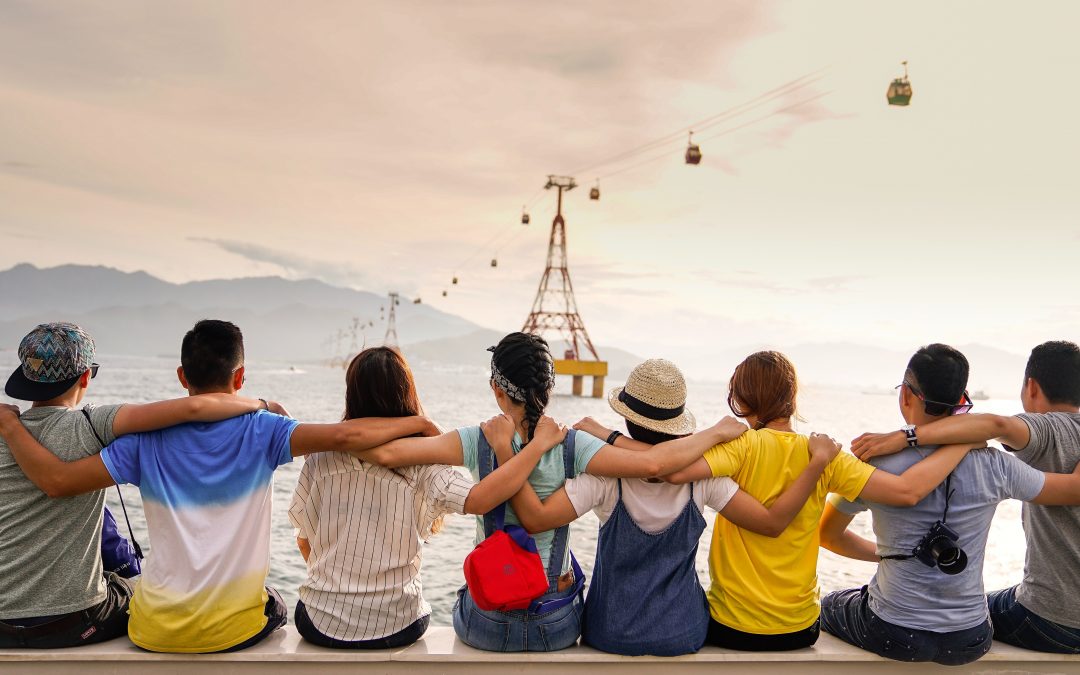
Community Leadership Summit 2013 Sponsorship
*See the video [here](https://cdnapi.kaltura.com/index.php/kmc/preview/partner_id/811441/uiconf_id/9831071/entry_id/1_2s1cve9k/delivery/akamai)*
The [Community Leadership Summit 2013](https://www.communityleadershipsummit.com/) brings together community leaders, organizers and managers and the projects and organizations that are interested in growing and empowering a strong community. The event pulls together the leading minds in community management, relations and online collaboration to discuss, debate and continue to refine the art of building an effective and capable community.
This year the event takes place on **20th – 21st July 2013** (the weekend before [OSCON](https://www.oscon.com/oscon2013)) in **Portland, Oregon** and is the **fifth anniversary** of the event and I am determined to make it bigger, better, and more valuable than ever. Over the previous four events CLS has become the primary annual meeting place for community leadership, and every year we get an absolutely wonderful and diverse attendance spanning technology, education, government, science and more.
At the heart of Community Leadership Summit 2013 is an open unconference-style event in which everyone who attends is welcome to lead and contribute sessions on any topic that is relevant. These sessions are very much discussion sessions: the participants can interact directly, offer thoughts and experience, and share ideas and questions. These unconference sessions are also augmented with a series of presentations from leaders in the field, panel debates and networking opportunities.
## Sponsorship
I am currently getting the wheels in motion for the sponsorship for CLS13 and I just wanted to invite any organizations reading this who might be interested in sponsoring the event. CLS is not a particularly expensive event to put on, but I want to expand the usual sponsorship this year to add a little more polish than usual to the event. As such, I am looking for companies or might be interested in supporting the event and getting exposure to community leaders across a range of industries, but with a strong focus on technology.
One of the messages I emphasize in my opening plenary is that the sponsors of the event don’t buy editorial direction or influence (as the event is very focused on being free, open, and attendee-content driven), and as such sponsorship of CLS is very much an affirmation of support of the event for the *right reasons*. As such, association with CLS as a sponsor has typically reflected very well on those companies who have sponsored in the past. Such companies have included Intel, Microsoft, Black Duck, Oracle, O’Reilly, OpenNMS, and others.
If you are interested in supporting CLS, please drop me an email to [email protected]. Thanks!

This Week’s Ubuntu Q&A

This week’s live video Q&A is in the normal time slot of **every Wednesday at 7pm UTC** ([click here for the time in your location this week](https://www.timeanddate.com/worldclock/fixedtime.html?iso=20130130T19&p1=1440&ah=1)).
As ever, you are welcome to ask me *absolutely anything* about Ubuntu, Free Software, Community Management, Technology, or anything else. The only questions I don’t accept are tech support questions – [Ask Ubuntu](https://askubuntu.com/), [IRC](https://wiki.ubuntu.com/InternetRelayChat) and the [Ubuntu Forums](https://ubuntuforums.org/) are better resources for that.
To join, head over to [Ubuntu On Air](https://ubuntuonair.com/) at 7pm UTC on Wednesday and you can ask your questions in the embedded chat box.
Look forward to seeing you all there!

The Barbecue Journey Continues
A while back I [posted about my new passion for BBQ](https://archivedblog.jonobacon.com/2012/08/13/my-barbecue-adventure/). I haven’t talked much about it since my last post and I had a little time tonight and thought I would share what has been going on. There isn’t anything about Ubuntu in this post, so feel free to move along if you are looking for Ubuntu-related shenanigans.
When I first got into BBQ it was because I like to eat it and I am fortunate enough to live in a part of the world with pretty decent weather and many locals who cook outside. When I started out I was more interested in grilling (most Californians tend to grill when they cook outside) but as I started learning about grilling online, my reading led me to learning about smoking, and smoking is what real BBQ is about.
I was instantly fascinated by smoking. On one hand I loved the BBQ food I had eaten before in restaurants, but there was also something really exciting to me about cooking over *fire*. My life is so filled with technology, buttons, and gadgets, that the idea of creating something awesome on a fire with no electricity or gadgets really…fired me up. Enjoy the comedy, I am here all week. 🙂

Firing up the pit on a rainy day.
With my initial interest in seeing if I could create some BBQ that I would like to eat, my curiosity was fueled further (the comedy just a’keeps on coming) by the fact that there isn’t a lot of particularly incredible BBQ where I live. California is known for many things, but BBQ isn’t really one of them. For great BBQ you need to get out to Texas, Georgia, the Carolinas, Tennessee, and Kansas. Interestingly, BBQ varies significantly between these different parts of the country, not just in flavor, but also in the *science of how it is made*.
Now, I know what you are thinking:
Really, Jono? Science in BBQ? C’mon!
There is a *tremendous* amount of science in all aspects of the preparation and cooking process in BBQ – how to choose your meat, methods of cutting and preparing it, the benefits and disadvantages of using brines/marinades/injections, different smoker types, approaches to using water and spritzing, foiling techniques, the impact of weather conditions, temperature control, different fuel types (e.g. charcoal vs. stick-burning), sauces and mops, and different rubs and the impact of their ingredients. Each piece of meat also has very different methods of preparation, so all of these variables get shaken up with each cut and animal you cook.
The more I read and played around with different techniques in my BBQ, the more it has fascinated the engineering side of my brain.

My brisket from a few days ago. Loving the smoke ring.
Since I last posted I have done quite a bit of experimentation. I have smoked brisket, baby back ribs, pork shoulder (to create pulled pork), chicken, turkey, and even a few ducks. Every meat is different, has it’s own quirks and techniques, different flavor profiles and more. Each is a little engineering puzzle to take these many variables of meat, rubs, fire, weather, and more, and produce predictable and delicious results.
My primary goal has been to try and get the quality of the main competition categories up to scratch; brisket, chicken, ribs, and pork shoulder. So far I have had good results with pork and ribs, a few good briskets, but my chicken still needs some work.
I have also wanted to master the kind of BBQ people enjoy in the backyard as well as at competition. As an example, lots of people (myself included) love ribs that fall off the bone. If you were to cook in a BBQ competition though, fall of the bone ribs are considered over-cooked. A competition rib should be tender enough that you bite into it and it leaves a bite-size hole. One day I want to try my hand at competing, and I might try it in a local King Of The Country contest later this year, but I have a lot more practice to do. 🙂
Anyway, despite my variable results, this little journey has taught me an important lesson. Before I moved to the US I was convinced that I was by pure definition a *shitty cook*. Everything I had tried to cook in the past lacked flavor, generally went wrong when I cooked it, and was a million miles away from the kind of chow I would eat in restaurants. I was convinced that it was impossible for me to ever master any kind of cooking – my brain was simply not designed for making good food.
What broke me out of this was a desire to be able to feed my family and friends good food in a social setting.

Grilling some ribs for some friends.
BBQ is inherently social. Usually people grill and smoke when they have a bunch of friends over on a nice warm day, blowing the froth of a few cold ones while stood around the grill or smoker, and just having fun and then eating some good food. I wanted to be able to have my family and friends come over and *want to eat my BBQ* and have a great time while here.
Consequently, going from a fear of cooking for people due to my built-in view that my brain is not cut out for making great food and transitioning it to a confidence about cooking and enjoying people eating my good, has been quite a journey. This is still a journey I am still traveling on, but I am loving the ride.
## Going To BBQ School
This interest in BBQ has not escaped the interests of my family, and this Christmas I had something of a BBQ themed set of gifts.
As a little bit of background information, since I got into BBQ I have also been following some of the competition cooks who compete at BBQ competitions around the country. One of these cooks is [Myron Mixon](https://www.jacksoldsouth.com/), who has won nearly a million dollars in prize money and is one of the stars of the TV show [BBQ Pitmasters](https://tlc.discovery.com/tv/bbq-pitmasters/), which I have become an avid fan of.
When I first learned about Myron I bought his *New York Times* bestseller [Smokin’ with Myron Mixon](https://www.amazon.com/gp/product/0345528530/ref=as_li_tf_tl?ie=UTF8&tag=jobaho-20&link_code=as3&camp=211189&creative=373489&creativeASIN=0345528530). The book is fantastic both in terms of the story behind his work as well as cooking guides and tips.
Well this Christmas my always thoughtful wife, Erica, decided to go to Myron’s [Jack’s Old South]((https://www.jacksoldsouth.com/) site and buy me every rub and sauce that they make. She wanted to get me everything so I could experiment and try them out in different cuts of meat. I have only used a few of the rubs and sauces so far, but they are incredible.

Myron Mixon in competition.
Although the rubs and sauces were awesome enough, I didn’t expect what came next. It turns out that Erica had been plotting with my father-in-law, and he also booked me and him into Myron Mixon’s cooking class in February. This is a weekend-long class delivered by Myron himself, at his house, where he teaches you how to smoke various cuts of meat, as well as doing a whole hog (a whole pig on a brick pit). The class kicks off on the Friday night with dinner at his house for the students, and then runs all day on Saturday, dinner on Saturday night, and then there is competition-focused cooking on the Sunday. It all takes place in a little place called Unadilla, in the heart of Georgia, one of the main BBQ states in the USA.
To say I am rather excited about this trip is an understatement. It is going to be fun just going out to Georgia, but to also not only meet Myron but also learn from arguably the most talented BBQ cook in the USA is going to be incredible.
So all in all, BBQing is fun, and I recommend you all to give it a shot yourself. Pick up a cheap smoker, grab some meat, read [one of the best sites online for BBQ](https://amazingribs.com/), crack open a few cold ones, and have some fun. 🙂
